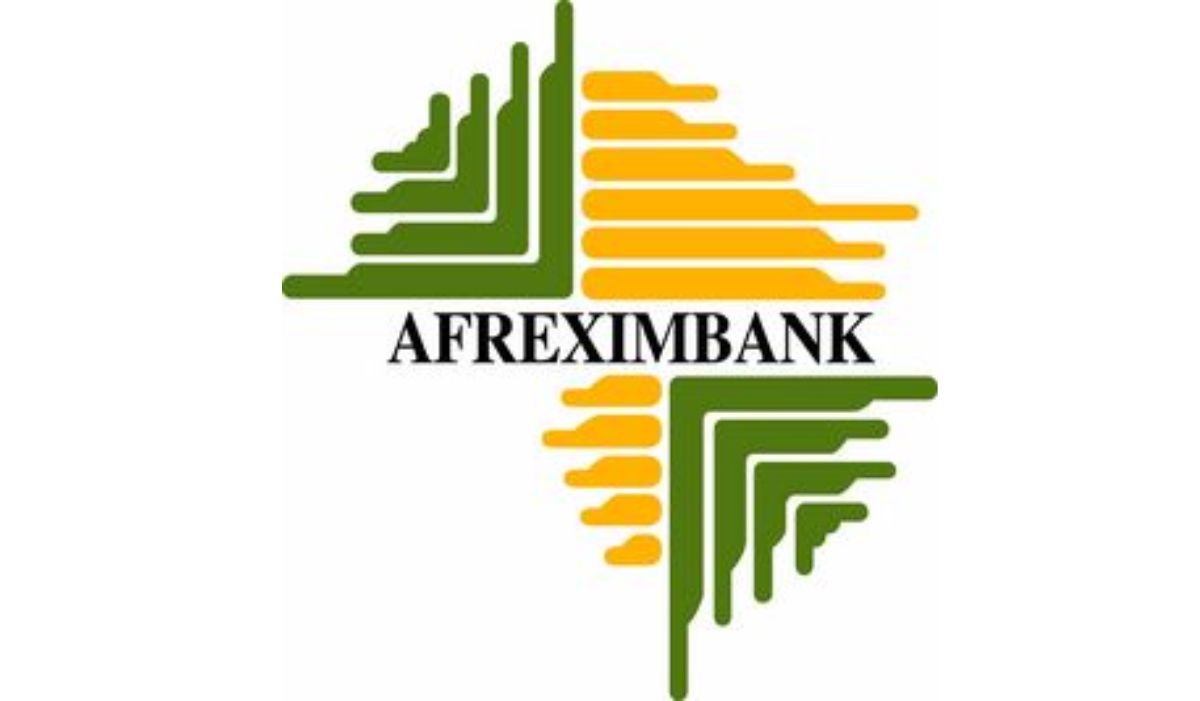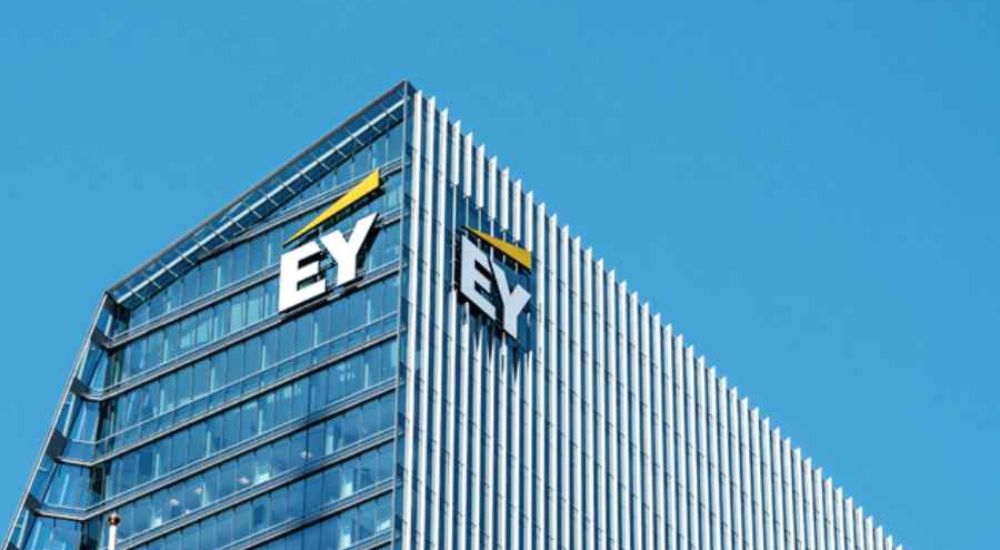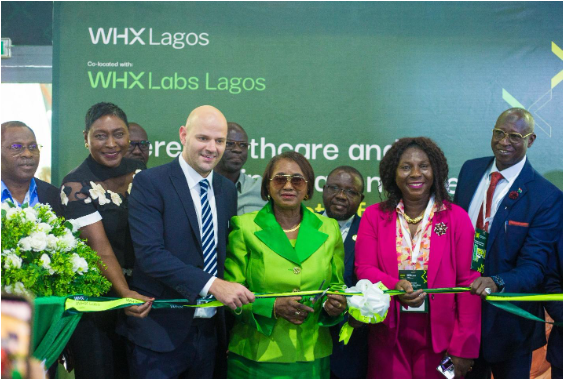Fitch Downgrades Afreximbank to ‘BBB-‘ with Negative Outlook

The African Export-Import Bank (Afreximbank) has experienced a credit rating downgrade by Fitch Ratings, with its long-term issuer default rating (IDR) lowered from ‘BBB’ to ‘BBB-‘ and assigned a negative outlook.
The rating agency simultaneously reduced the institution’s short-term IDR from ‘F2’ to ‘F3’, while also cutting ratings on the bank’s Global Medium-Term Note Programme and related debt instruments from ‘BBB’ to ‘BBB-‘.
The downgrades stem from Fitch’s revised solvency assessment, which declined from ‘a to ‘bbb+’. This adjustment primarily reflects heightened credit risks that have escalated from a ‘moderate’ to a ‘high’ classification, combined with risk management policies now deemed ‘weak’ rather than their previous assessment.
The deterioration in the credit risk assessment relates to the bank’s non-performing loans (NPLs) ratio, as measured by Fitch’s methodology, which surpassed the 6% threshold that triggers a ‘high risk’ classification by year-end 2024.
Fitch attributed the weakened risk management evaluation to insufficient transparency in recent loan performance disclosures compared to other multilateral development bank counterparts. The rating agency noted that its NPL calculation methodology differs from Afreximbank’s approach, which utilises certain flexibilities permitted under IFRS 9 standards.
The negative outlook incorporates concerns that debt obligations to Afreximbank from certain sovereign borrowers could become part of those nations’ debt restructuring processes. Such developments could impact Fitch’s evaluation of the bank’s policy significance and amplify strategic risks.
Fitch’s assessment centres on Afreximbank’s Standalone Credit Profile (SCP) of ‘bbb-‘, determined by the lower of its solvency (‘bbb+’) and liquidity (‘a’) evaluations, factoring in a ‘high risk’ (-2 notches) business environment.
The updated solvency assessment of ‘bbb+’, revised downward from the previous ‘a rating, reflects a balance between the institution’s ‘strong’ capitalisation levels and ‘moderate’ risk characteristics.
The revision of risk management policies from ‘Moderate’ to ‘Weak’ reflects instances of inadequate transparency regarding loan performance relative to peer institutions, along with increased exposure risks from the bank’s sovereign lending portfolio.
Using its proprietary assessment criteria and available public data, Fitch now classifies the Ghana sovereign exposure, representing 2.4% of total loans, as non-performing. This exposure had been considered in the previous evaluation cycle.
When combined with additional exposures deemed non-performing by Fitch’s standards—including South Sudan at 2.1% of loans and Zambia at 0.2%—the rating agency’s calculated NPL ratio reached 7.1% at 2024’s conclusion, exceeding the 6% threshold for a ‘high risk’ classification.
Conversely, Afreximbank’s internally reported NPL ratio showed improvement to 2.3% in 2024 from 2.5% in 2023, though Fitch observed this figure excludes the Ghana, Zambia, and South Sudan exposures.
“We assume the Fitch-calculated NPL ratio will fall below 6% by end-2027, reflecting continued strong loan growth and our assumption that some of the exposures currently in arrears will resume loan repayment before the end of the forecast period.
“We note that the bank operates with a high level of collateral and credit risk mitigants and has already taken relatively large provisions on some sovereign exposures, which would reduce any potential further negative financial impact for the bank.”
The ‘high risk’ business environment evaluation partially stems from the bank’s operations in challenging markets characterised by poor credit quality, limited per capita income, and elevated political risks across its operational territories.
“Our assessment of Afreximbank’s business profile risk remains ‘medium’ but is negatively affected by the low transparency in reporting loan performance, which has led to a revision of the quality of governance assessment to ‘high risk’ from ‘medium risk’.
“The potential inclusion in sovereign debt restructurings would likely lead us to revise our currently ‘low risk’ assessment of the bank’s policy importance.”
Fitch’s capitalisation evaluation incorporates the ‘moderate’ ratio of usable capital to risk-weighted assets, the ‘strong’ equity-to-assets and guarantees ratio, and ‘excellent’ internal capital generation capabilities.
The average rating for loans and guarantees, before considering credit risk mitigation factors, remained stable at ‘CCC+’ throughout 2024. The portfolio’s modest credit quality reflects Afreximbank’s concentration in non-sovereign entities, which comprise 92% of total lending, with credit quality assessments showing significant weakness and sovereign borrowers averaging ‘B-‘ ratings.
Fitch’s credit risk evaluation incorporates substantial loan collateralization, including cash collateral and credit insurance (6%) from ‘A-‘ to ‘AA’ rated insurers, providing a three-notch improvement above the average loan rating to ‘B+’, consistent with a ‘high risk’ designation.
Concentration risk remains ‘low’ compared to peer institutions, with the five largest exposures representing 28% of the banking portfolio in 2024, unchanged from the previous year. However, geographical concentration presents challenges, with over half of all exposures directed toward entities in Egypt and Nigeria, the bank’s two primary shareholders, as of 2024’s end.
Fitch anticipates the concentration ratio will remain relatively stable throughout the forecast period. Afreximbank employs derivative instruments for foreign exchange and interest rate risk management, while equity participation is projected to stay below 2% of banking operations.
The institution’s ‘a’ liquidity assessment reflects ‘strong’ treasury asset quality, measured by the proportion of treasury assets rated ‘AA-‘ to ‘AAA’, combined with a ‘moderate’ liquidity buffer. The bank’s liquidity position benefits from capital market access and diversified funding sources, including credit facilities and collateral deposits. The loan portfolio’s short duration also helps contain liquidity requirements.
Fitch evaluates shareholders’ support capacity for Afreximbank at ‘bb-‘, based on the average rating of key shareholders (ARKS) representing over 50% of bank capital. Recent sovereign upgrades for Egypt and Nigeria—the bank’s largest shareholders—in April 2025 improved the ARKS to ‘B+’ from ‘B’.
Credit risk mitigants on callable capital, covering 40% of the USD 4.3 billion total, enhance support capacity by one notch to ‘bb-‘. The support assessment also incorporates the ‘strong’ shareholder propensity to assist, consistently demonstrated through ongoing capital contributions and dividend reinvestments.
The short-term IDR downgrade to ‘F3’ from ‘F2’ aligns with Fitch’s short-term rating correspondence framework within its supranational rating criteria. At the ‘BBB-‘ long-term rating level, ‘F3’ represents the sole available short-term rating option.





